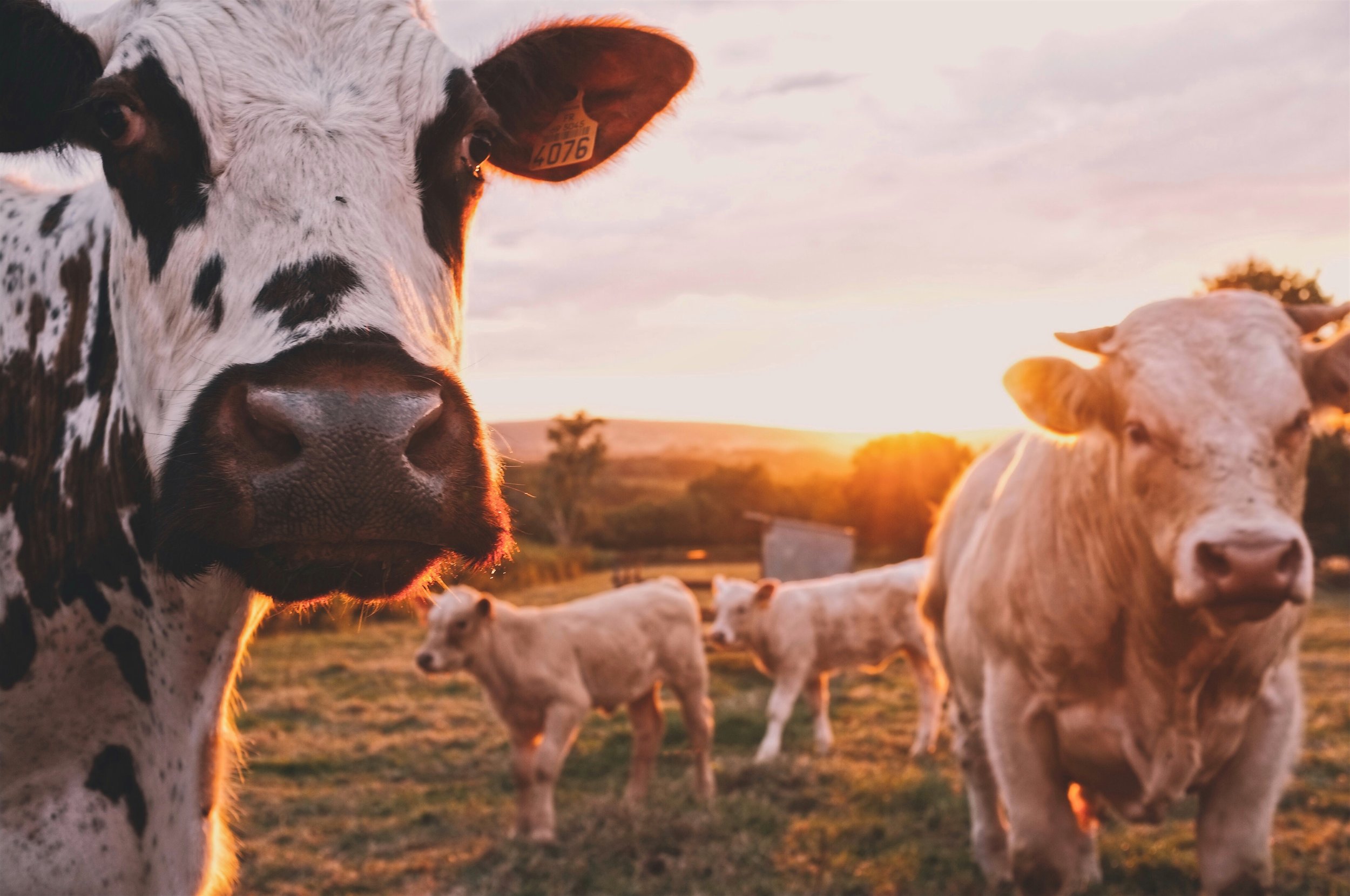As a non-meat eater, I love deliberating over what carnivores should be considering when eating those wide-eyed zen cows and adorable ‘Babe’ piggies. Yes, its true: I am one of those who cry out for the horses in the cowboy movies. But the truth is, I don’t judge anyone’s choices. I do however, care about your health and the humane treatment of the animals.
In all animal products, whether it is dairy, meat or eggs, for optimum nutrition and humane-ity, look for pasture-fed. Unfortunately, products from pasture-raised animals are not readily available in supermarkets – you will more commonly find them from farmers markets and smaller vendors.
For a list of Toronto butchers that are likely to carry meat, chicken, and eggs from pasture-raised animals, check out this link from Toronto Life. It is not comprehensive and doesn’t cover all of the GTA, so if you know of any favoured butchers in your area, please let us know in the comment box.
Research spanning three decades shows that:
- Grass-based diets significantly improve the fat composition and antioxidant content of the meat.
- Grass-based diets have been shown to enhance conjugated linoleic acid (CLA) and omega-3 fats, both of which will support weight loss and cancer prevention.
- Grass-fed beef tends toward a higher proportion of saturated fats that will not raise cholesterol levels vs. ones from factory farmed animals that can contribute to a rise in bad cholesterol.
- Grass-fed meats elevate the raw materials needed to create Vitamin A and E, as well as increasing the activity of cancer fighting antioxidants such as glutathione (GT) and superoxide dismutase (SOD), when compared to grain-fed contemporaries.
- Pasture-raised animals are less likely to have bacteria such as listeria and the e-coli strain that can dangerously infect humans.
- Lower stress levels reflecting the more natural environment of pasture- raised animals produces a higher quality of meat.


